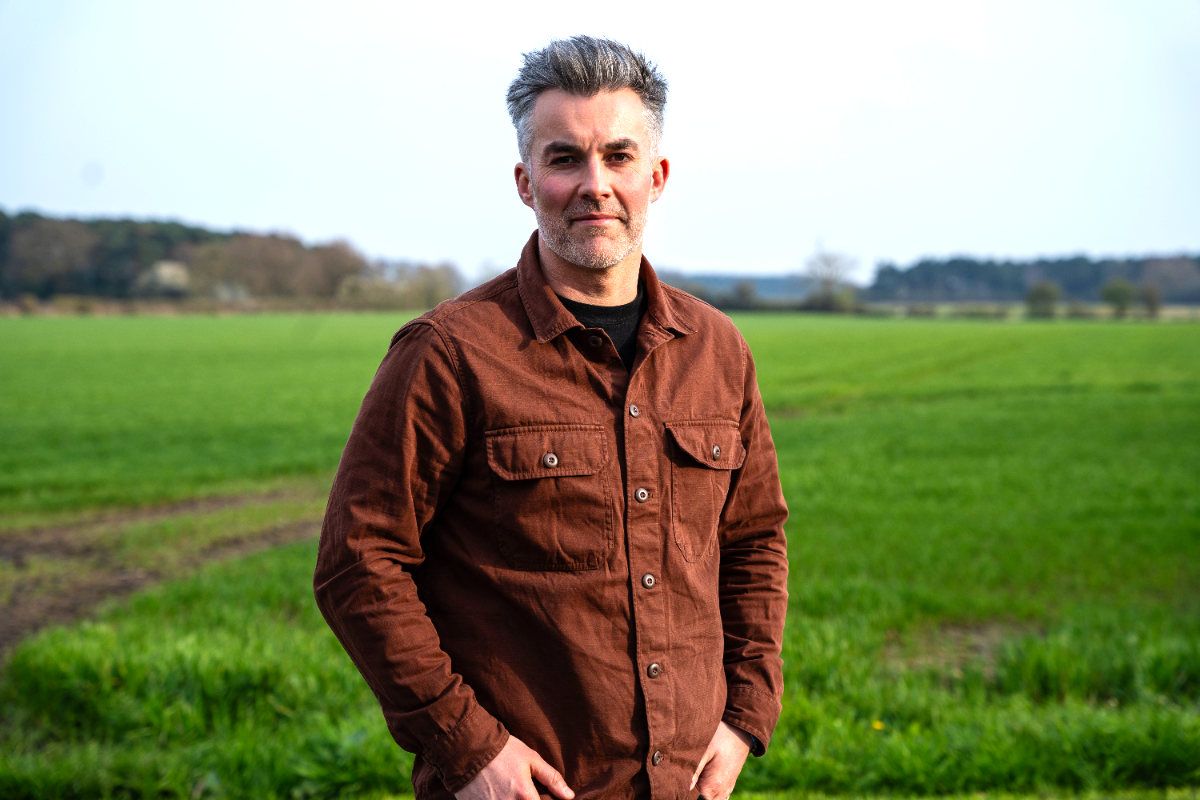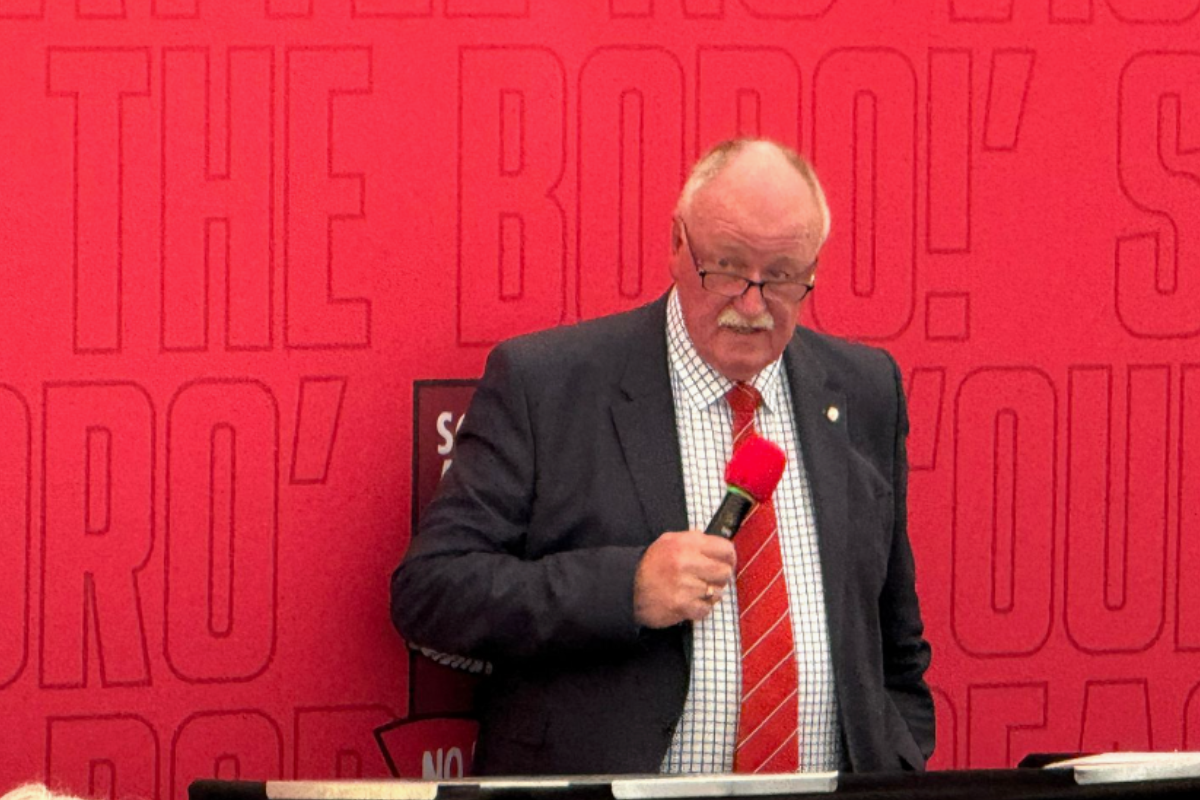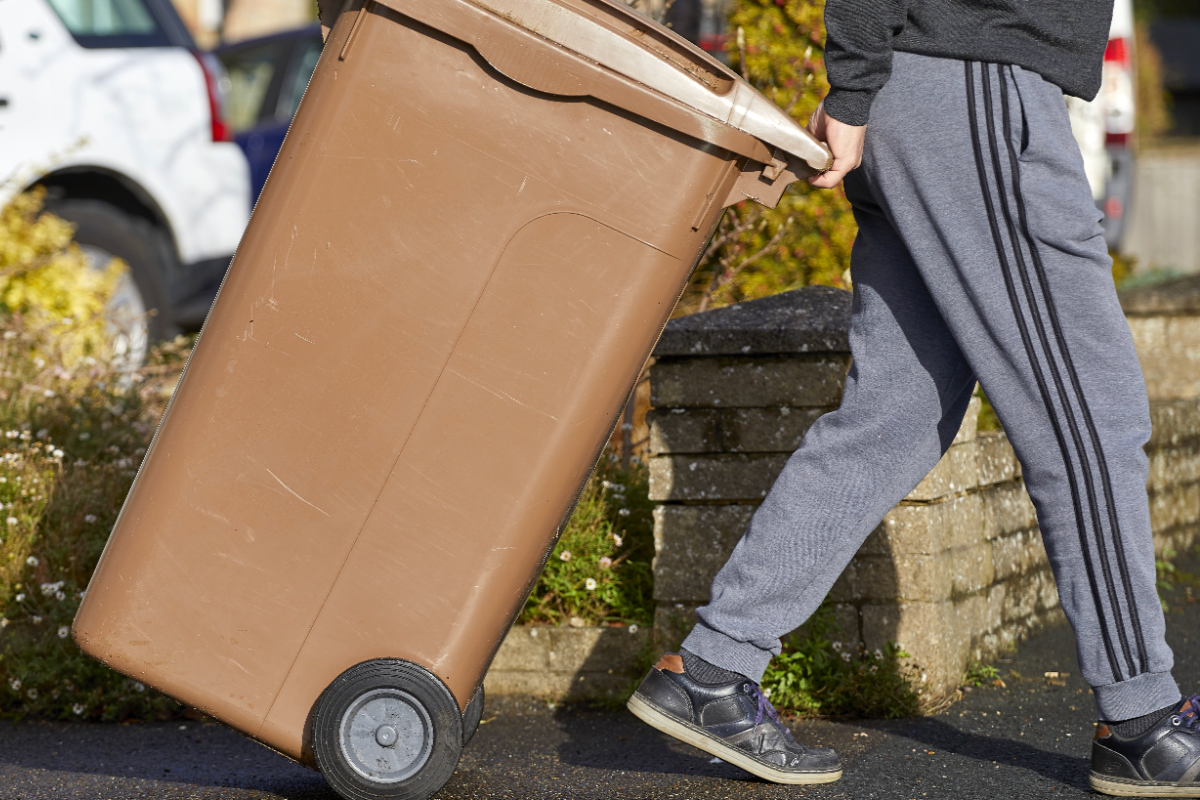
David Skaith, Mayor of York and North Yorkshire, is calling on the Government to step in and support Vivergo, one of two bioethanol factories in the UK and a key part of the farm supply chain for farmers across North Yorkshire.
Bioethanol production in the UK takes delivery of 8% of the total annual British wheat harvest. Estimates show that farmers in York and North Yorkshire produce around half-a-million tonnes of wheat each year, of which the UK’s bioethanol sector is an important market, it adds value to basic commodities, creates supply chain jobs and reduces the UK’s reliance on fossil fuels.
Mayor of York and North Yorkshire, David Skaith, has today backed calls from the NFU for the Government to address the limitations placed on the biofuels market, including:
- An immediate move towards E20.
- Set the crop cap at its maximum permitted level under the Renewable Transport Fuel Obligations.
- Move to an immediate Greenhouse Gas based reporting rather than volume, as is the case for sustainable aviation fuels.
- Introduce a specific policy that prioritises biofuels that offer greater reductions in greenhouse gas emissions.
- Remove double counting for supposed “wastes”.
David Skaith, Mayor of York and North Yorkshire, said:
“Stepping in to support Vivergo by moving quickly from E10 to E20 at petrol stations would offer immediate relief to the industry and save people money in the process with cheaper fuel costs.”
“Vivergo and the biofuel industry is a huge market for farmers across York and North Yorkshire. Farmers have taken hit after hit, decade after decade. The government must take steps urgently to protect this industry and back British farmers.”
Laurie Norris, National Farmers' Union County Adviser for North Riding and Durham, said:
“Hundreds of our farmers will lose a secure market for wheat that cannot be used to make bread meaning that they will be forced to export it at lower prices and at the same time be faced with higher costs for animal feed. Without urgent government action, the UK’s bioethanol industry will simply vanish, leaving the country dependent on imported ethanol – while also losing significant domestic production of carbon dioxide and high-protein animal feed.”




 Burniston Gas Well Plan Recommended for Approval Despite 1500 Objections
Burniston Gas Well Plan Recommended for Approval Despite 1500 Objections
 East Riding Councillors Condemn ‘Punitive’ Government Funding Review as Council Faces £100 Million Shortfall
East Riding Councillors Condemn ‘Punitive’ Government Funding Review as Council Faces £100 Million Shortfall
 Scarborough Athletic Chair Eyeing Playoffs
Scarborough Athletic Chair Eyeing Playoffs
 East Riding Council Facing "Tough Decisions" as New Operating Model Signals Looming Redundancies
East Riding Council Facing "Tough Decisions" as New Operating Model Signals Looming Redundancies
 Flood Warnings Issued For Scarborough's Sandside & Foreshore Road
Flood Warnings Issued For Scarborough's Sandside & Foreshore Road
 Location for Scarborough's 400th Anniversary Sculpture Confirmed
Location for Scarborough's 400th Anniversary Sculpture Confirmed
 New Chief Exec for Yorkshire Air Ambulance
New Chief Exec for Yorkshire Air Ambulance
 Scarborough and Whitby MP Presses for Burniston Fracking Decision to be Delayed
Scarborough and Whitby MP Presses for Burniston Fracking Decision to be Delayed
 Pickering and Filey MP Criticises Government for ‘Unfair’ Rural Funding Settlement
Pickering and Filey MP Criticises Government for ‘Unfair’ Rural Funding Settlement
 East Riding to Introduce Weekly Food Waste Collections Amid Long-Term Funding Fears
East Riding to Introduce Weekly Food Waste Collections Amid Long-Term Funding Fears
 Eastfield Boxing Club Film to Get Scarborough Premiere
Eastfield Boxing Club Film to Get Scarborough Premiere
 Scarborough Athletic Stunned By Minnows in Senior Cup
Scarborough Athletic Stunned By Minnows in Senior Cup








Comments
Add a comment